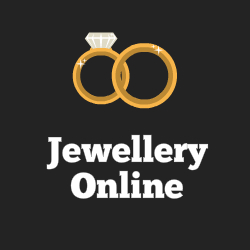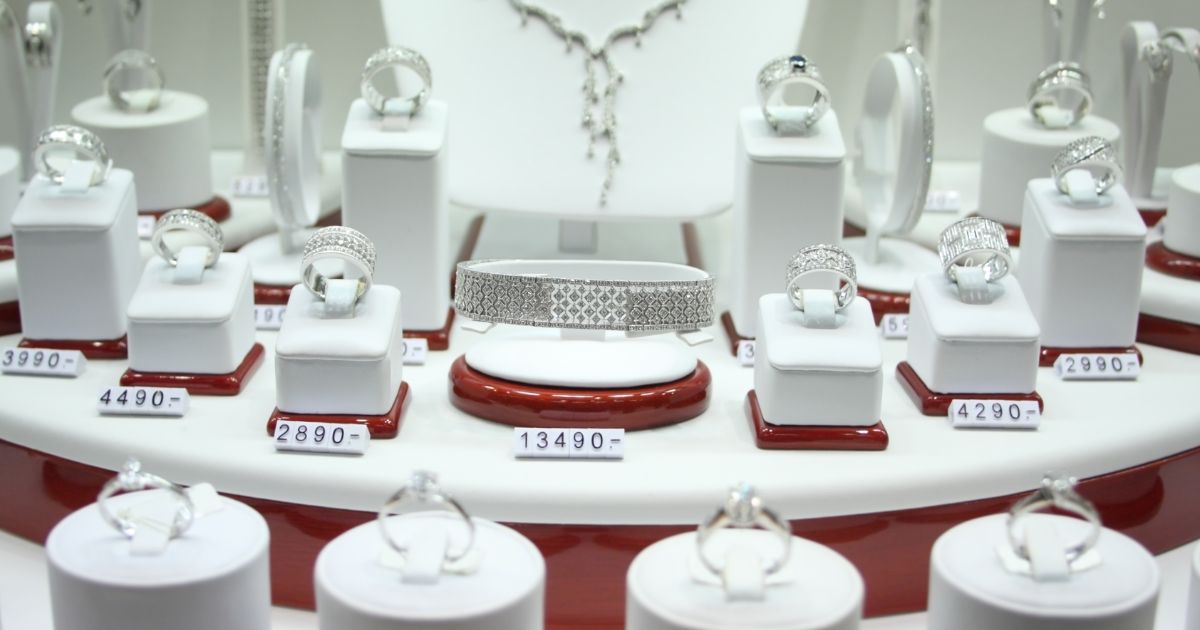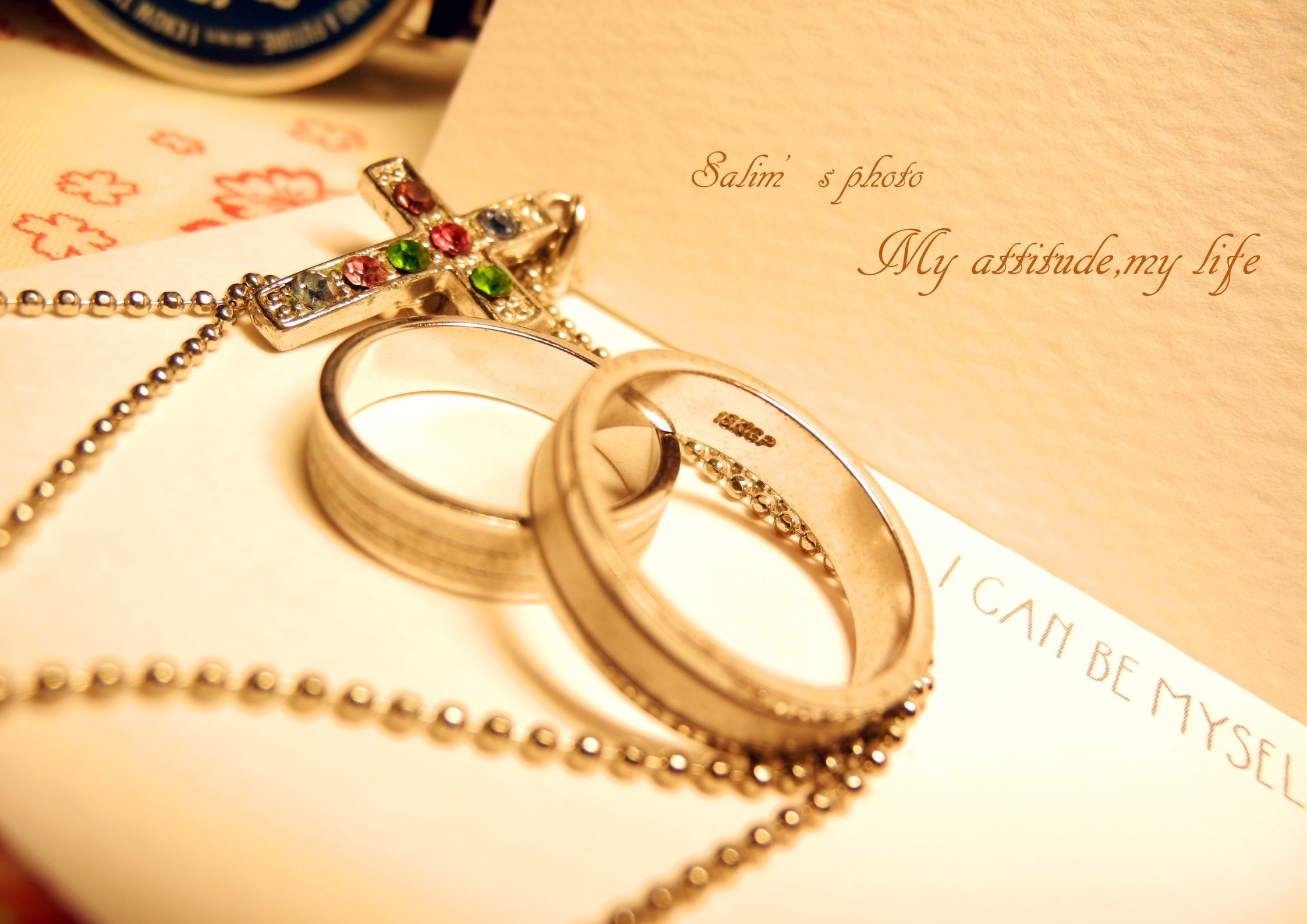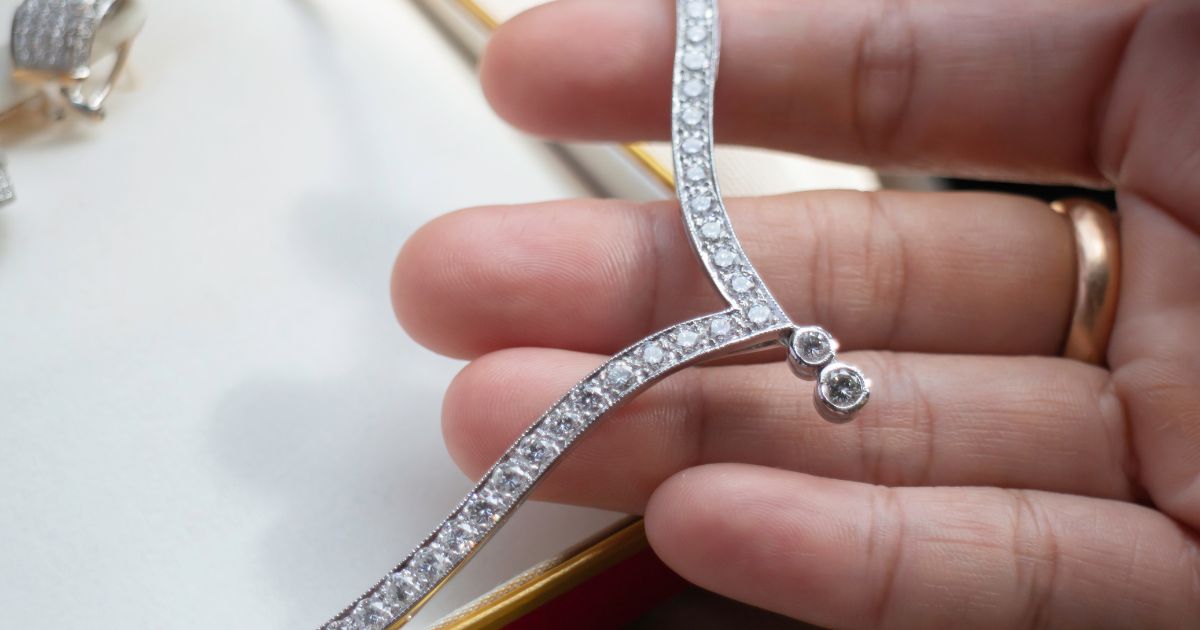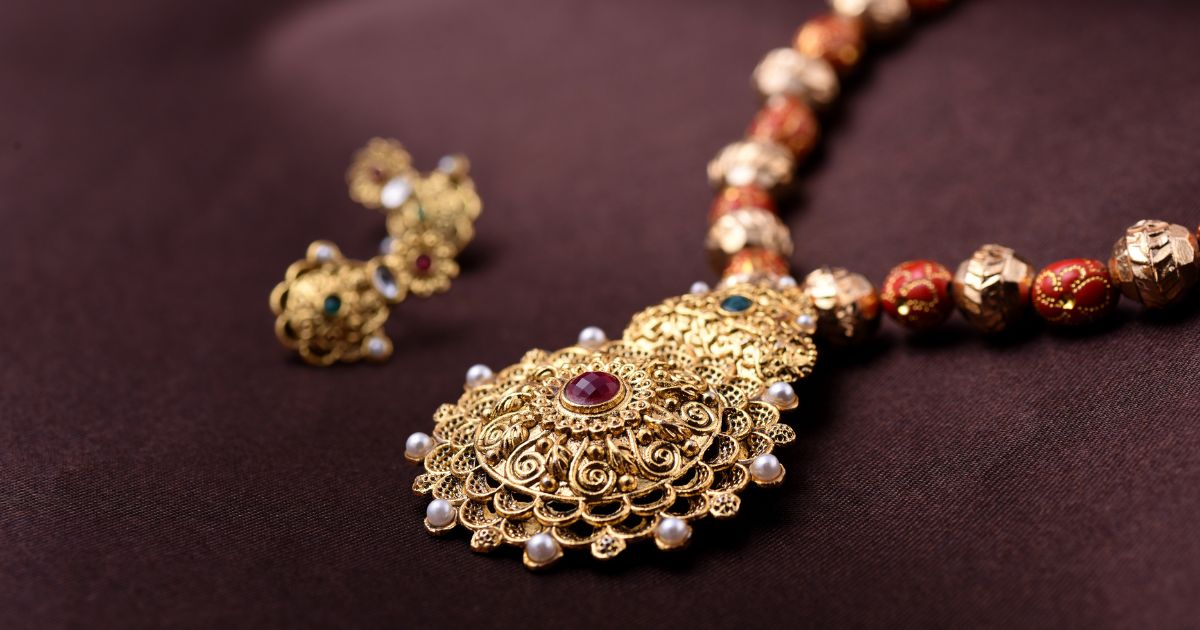The world of jewelry is a captivating realm, resplendent with creations that capture the eye and stir the soul. Each piece, from the simplest trinket to the most elaborate ornament, possesses the power to evoke emotions, symbolize sentiments, and become a cherished keepsake.
Yet, beyond the radiant allure of the retail sector lies an equally fascinating but less visible facet of the industry – the intricate network of jewelry wholesale and B2B (business-to-business) operations. These often overlooked aspects of the industry serve as the robust backbone supporting the dazzling display of jewels we see in storefronts and online catalogs.
In this blog post, we peel back the glittering curtain of retail to explore the complex mechanisms of the wholesale and B2B jewelry business. We offer an in-depth look into this intricate system, providing valuable insights for those intrigued by this field and considering a venture into its lucrative depths.
The journey promises to be as enlightening as it is enriching, revealing the myriad facets of an industry that combines artistry, craftsmanship, commerce, and strategy in equal measure.
Understanding Jewelry Wholesale
Jewelry wholesale is a critical part of the broader jewelry industry, serving as a bridge between producers and consumers. This sector involves the bulk buying of jewelry items from manufacturers or artisans, followed by resale to retailers. These transactions are driven by the principle of economies of scale where larger volumes equate to lower costs.
Wholesalers have the capital and capacity to purchase large quantities directly from manufacturers or artisans. By doing so, they can negotiate lower prices due to the volume of their purchase. This purchasing power allows them to acquire pieces at a significantly lower cost per unit compared to what an individual retailer could negotiate.
Once the wholesalers have acquired the jewelry, they then sell these pieces to retailers. While they mark up the price for a profit, the cost to the retailer is still less than the final retail price. This difference in cost and selling price forms the wholesaler’s profit margin.
The role of a jewelry wholesaler extends beyond merely buying and selling. They also provide a variety of services that add value to both manufacturers and retailers. These include activities like quality assurance, warehousing, packaging, logistics, marketing support, and even providing credit to their customers.
Quality assurance is particularly important in the jewelry industry. Wholesalers often inspect the products to ensure they meet the required standards and specifications. This service is crucial for retailers who may lack the expertise or resources to perform these checks themselves.
Warehousing and logistics are other key services provided by wholesalers. They store the jewelry and manage inventory until it is ready for shipment to retailers. This process requires a secure environment and expert handling to prevent damage or loss.
Marketing support is another aspect of the wholesaler’s role. They often provide promotional materials and product information to help retailers sell their products. This can include high-quality images for online listings, detailed product descriptions, and even point-of-sale materials for physical stores.
In some cases, wholesalers may offer credit terms to their retail customers. This allows retailers to stock up on inventory without having to pay upfront, improving their cash flow and enabling them to operate more effectively.
The B2B Jewelry Business
While jewelry wholesale is a form of B2B business, the term ‘B2B Jewelry Business’ often refers to a broader spectrum of services. It includes not just the sale of finished jewelry pieces, but also the supply of raw materials like precious metals and gemstones, and services such as design, production, and logistics.
In the B2B model, businesses provide products or services to other businesses. For instance, a diamond mining company sells rough diamonds to a diamond cutting business, who then sells the cut and polished diamonds to a jewelry manufacturer. The manufacturer then sells the finished pieces to a wholesaler or directly to a retailer.
Key Considerations for Jewelry Wholesale and B2B Business
1. Quality Control:
Quality is paramount in the jewelry industry. Wholesalers and B2B businesses need to ensure that the products they supply meet high standards. This involves rigorous quality control processes and regular audits of suppliers.
2. Relationships and Trust:
The jewelry industry relies heavily on relationships and trust. Wholesalers and B2B businesses need to build strong relationships with both their suppliers and customers. Trust is especially important due to the high value of the goods involved.
3. Market Trends:
Staying up-to-date with market trends is crucial for success. This includes understanding consumer preferences, which can change rapidly, and keeping an eye on global economic factors that can impact the price of precious metals and gemstones.
4. Technology:
Technology plays an increasing role in the jewelry wholesale and B2B business. From online marketplaces and digital catalogs to blockchain technology for tracking the provenance of diamonds, businesses need to stay abreast of technological advancements.
The Future of Jewelry Wholesale and B2B Business
The future of the jewelry wholesale and B2B business is steeped in digital transformation. Technological advancements are reshaping the landscape, making the world smaller and business transactions faster.
Online platforms have emerged as virtual global marketplaces, connecting retailers with manufacturers and wholesalers from every corner of the world.
This digital revolution has made it possible for even small retailers to source products directly from international manufacturers, breaking down geographical barriers and opening up a world of possibilities.
Technology is also enhancing transparency and traceability within the jewelry supply chain. Blockchain technology, for instance, is being used to track the journey of gemstones and precious metals from mine to market. This provides assurance to consumers about the ethical sourcing of the materials used in their jewelry.
RFID and IoT technologies are being employed to monitor inventory in real time, reducing losses and improving efficiency.
These technological trends are not just shaping the future of the jewelry wholesale and B2B business, they are defining it. However, amidst this wave of digital innovation, the core principles that underpin the industry remain unchanged. Quality, relationships, and understanding the market continue to be the pillars that support a successful jewelry business.
Quality is an unerring constant in this industry. Regardless of the changes in design trends or the rise of new technologies, the demand for high-quality jewelry remains. Consumers continue to value well-crafted pieces made from quality materials, and this is a standard that every player in the supply chain, from manufacturer to retailer, must uphold.
Relationships form the bedrock of the jewelry wholesale and B2B business. Trust and reliability are paramount in this high-value industry. Relationships between manufacturers, wholesalers, and retailers need to be nurtured and maintained, with each party playing their role effectively to ensure a smooth and efficient supply chain.
Understanding the market is another timeless requirement. Trends in the jewelry industry can change quickly, and staying abreast of these shifts is crucial. Whether it’s a new fashion trend, a change in consumer behavior, or fluctuations in the global economy that impact the price of raw materials, a deep understanding of the market enables businesses to adapt and thrive.
Therefore, whether you’re an industry veteran seeking to broaden your horizons or a novice eager to carve out a niche in this sector, gaining a comprehensive understanding of the dynamics of the jewelry wholesale and B2B business is vital. This sector is complex, but it is also rewarding, offering a plethora of opportunities for those who are willing to learn, adapt, and navigate its intricacies.
As we move into an increasingly digital future, those who can blend traditional business acumen with a willingness to embrace new technologies will be well-positioned to succeed in the glittering world of jewelry wholesale and B2B business.
